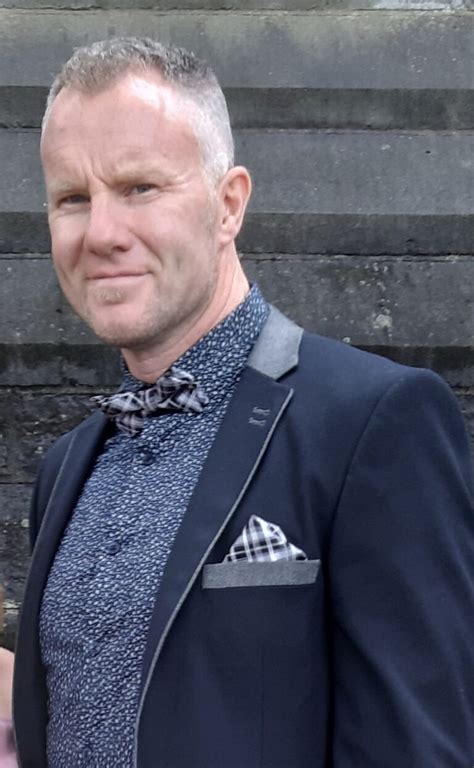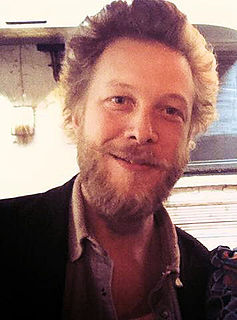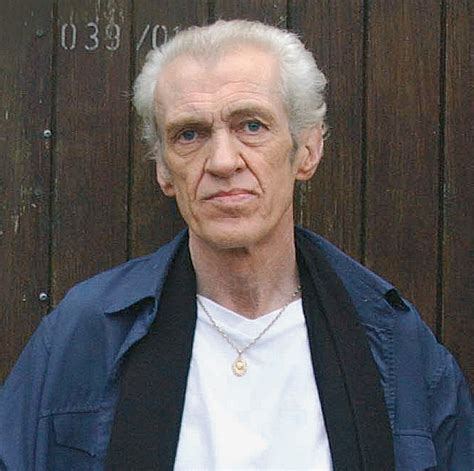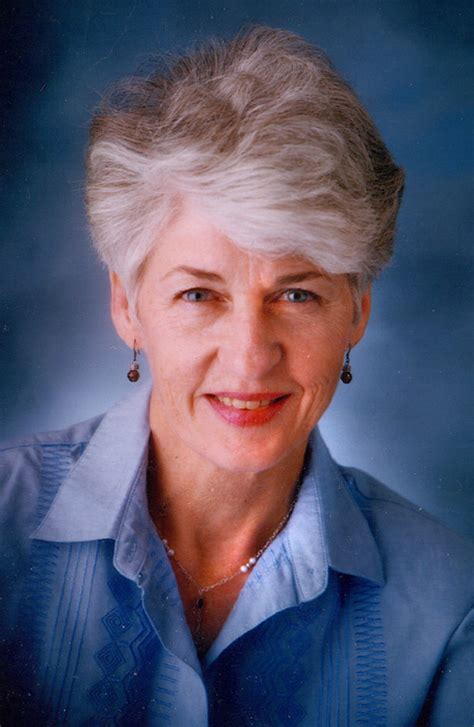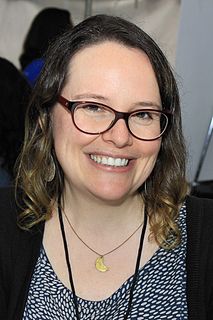A Quote by Gillian Flynn
My first two novels featured narrators who were aggressively unattached: They couldn't form any sort of genuine relationship. So I had thoroughly explored the geography of loneliness and isolation.
Related Quotes
Loneliness is different than isolation and solitude. Loneliness is a subjective feeling where the connections we need are greater than the connections we have. In the gap, we experience loneliness. It's distinct from the objective state of isolation, which is determined by the number of people around you.
If you read novels of the 19th century, they're pretty experimental. They take lots of chances; they seem to break a lot of rules. You've got omniscient narrators lecturing at times to the reader in first person. If you go back to the earliest novels, this is happening to a wild extent, like 'Tristram Shandy' or 'Don Quixote'.
In those early days of our relationship though, I always thought that she was so perfect that there had to be a catch. But there wasn't one. Five months and two days after our very first meeting, we were engaged and nine months after that we were married. And every day that I spent on this planet in the company of Ashling, I experienced the same sense of euphoria that I had tasted on our first date. I experienced something that in its simplest form can only be described as true love.
The world's geography is not realistic. Geography is not real. Borders are only closed to people but they are open to products. There is another type of geography outside of this matrix. Because of this we noticed we were talking about much more than just Latin America. That was very important to put the film on another level. Based on this idea, we knew that we were not in this world any longer.
I sold my first short story while I was home on maternity leave, then began working on novels. Since I was reading and enjoying romance novels at the time, the first two unpublished manuscripts I wrote were both romances. I sold my third novel, 'Call After Midnight,' to Harlequin Intrigue after submitting it unagented.






